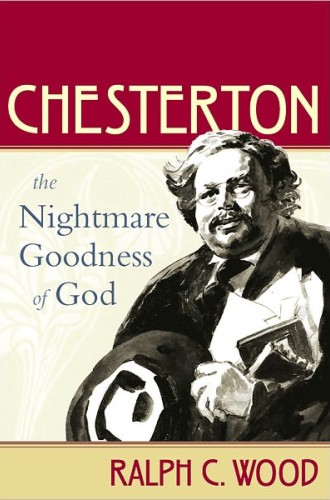Chesterton, by Ralph C. Wood
For the better part of a century, Gilbert Keith Chesterton has been many Christian writers' go-to source for apt quotations. Now eclipsed in popularity or challenged by other quote masters like C. S. Lewis, Yogi Berra and Groucho Marx, the British convert to Catholicism still entertains, informs or enrages many. As a novelist, journalist and epigrammatist G. K. C. provided spiritually profound, frequently funny and often frustrating commentary on faith and culture. Though he was not a theologian, he dealt in theological themes, beginning with his now century-old book Orthodoxy, while he also enjoyed a large readership through his career as a novelist, which climaxed in the enigmatic The Man Who Was Thursday.
Ralph Wood, who calls himself a Bapto-Catholic, is certainly qualified to write on the militant Catholic Chesterton, who seldom withheld his fire and fury except when he settled for expressing disdain for Protestantism and other "unorthodox" versions of Christianity. Chesterton was the kind of convert that philosopher Max Scheler would call an apostate: one "engaged in a continuous chain of acts of revenge against his own spiritual past," as Scheler puts it. For Chesterton, unorthodox versions of Christianity included Anglicanism, mediocre Protestantism and whatever else he found un- or anti-Catholic.
Although G. K. C. liked to portray Catholicism as a robust, rambunctious and sometimes culturally ribald faith, it did not provide him the serenity that was supposed to have been the upside of the faith. The word nightmare belongs in the subtitle of Wood's book. He found the word 15 times in Chesterton's Autobiography, and he employs it as an all-purpose metaphor that is fitting for events throughout G. K. C.'s life.






